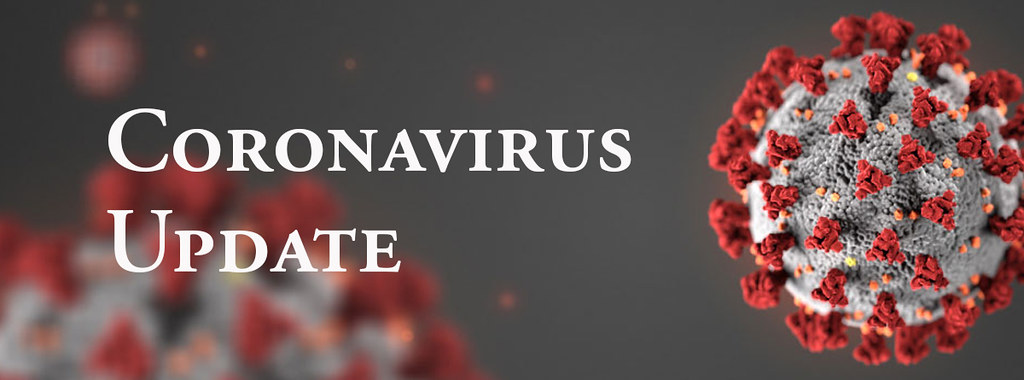Construction Contracts in the Time of the Coronavirus Pandemic

As cities and states begin to issue executive orders that impose restrictions on the movement of people and operation of businesses, public and commercial construction projects have generally been permitted to continue construction. Nevertheless, the construction industry is feeling the effects of the coronavirus. Having previously discussed some general considerations parties to construction contracts should consider during the current pandemic, it is imperative that all parties working on a construction project examine their contracts to determine what contract provisions may be impacted due to these unusual circumstances.
Below is a discussion of common contract provisions and how they may be relevant during these unique times:
No-Damage-for Delay:
An inevitable consideration for anyone involved in a construction project is whether impacts from the Coronavirus will delay the project. If this is the case, contractors could make a claim for additional time or compensation due to the delay. But if your contract has a “no-damages-for-delay” clause, things could change. This clause prevents parties from making claims for additional compensation due to delays on the project not caused by their own actions. Instead, parties are only permitted to make a claim for additional time to complete their work. Parties with contracts containing this type of clause must be prepared to spend additional time on the project, which can result in additional overhead or a loss of work force due to other concurrent projects.
Liquidated Damages:
With the potential for increased delays on the project due to the Coronavirus, the overall project may not finish on time. For projects that extend beyond the scheduled completion date, the contractor on the job may be charged a certain amount for each day the project is late under a liquidated damages clause. Since it is difficult for contracting parties to anticipate what the cost of delays will be on the project when they arise, this clause is used as an attempt by the parties to agree on an reasonable amount of damages to be incurred at the time they enter into the contract. These liquidated damages, if incurred by the contractor, could be passed down to subcontractors that contributed to or caused the delay. It is vital that all parties keep accurate records and schedules to evidence their lack of delay on the project.
Force Majeure:
Many discussions have arisen as to whether the Coronavirus is considered a “force majeure” event. Force majeure clauses allow an excuse in performance when an unforeseeable circumstance prevents a party from performing under the contract. The clause can be written to be very narrow and limited to specific events. Some construction contracts may specifically list terms that could apply to the Coronavirus, like “pandemics” or “diseases.” But the cause can also be written broadly, stating that all other causes outside the party’s control can constitute a force majeure event. Therefore, it is important to review your construction contract to determine what will constitute a force majeure event and excuse a delay on the project.
Insurance and Bond Requirements:
Since most parties on a construction project will be negatively impacted by coronavirus, finding some avenue for additional compensation will be important. Among the usual contract clauses regarding delays or excuses in performance, parties should not forget to look to their insurance contract to determine whether the impacts from the virus would be covered. Though most insurance provisions may not be applicable, some insurance contracts have unique provisions which may allow for coverage. Providing notice to the insurance carrier is important since failing to make a timely claim for a covered event could result in that claim being waived. As for surety bonds, many require notice if a change in work will result in substantial increase in cost to or duration of the project.
The WCZ COVID-19 Response Team offers 24/7 access to attorneys for our clients’ legal needs as this situation continues to evolve.

